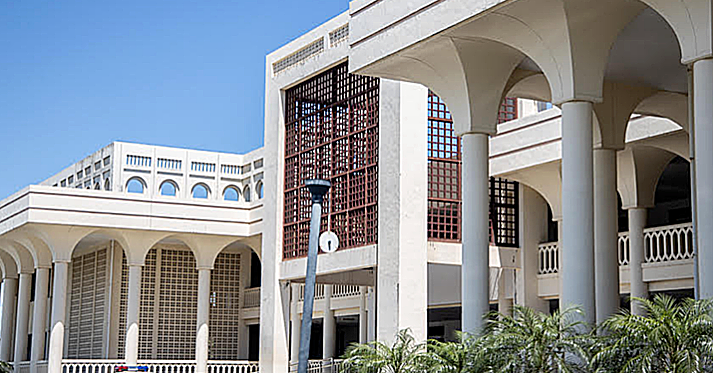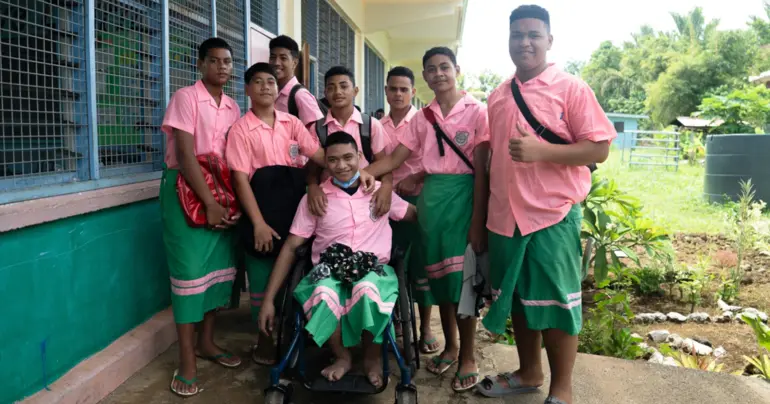Accessibility and inclusivity need to extend beyond elections
No one will be left behind when it comes to voting. The Office of the Electoral Commission is trying to ensure all eligible voters, including the elderly and persons with disabilities, have fair access to participate in the upcoming election.
There will be dedicated assistance available at polling booths, including priority services and support staff to assist elderly voters and persons with disabilities. That is what the OEC has said. It is promising to hear that the right to vote is being made inclusive. A barrier to voting for anyone living with a disability would be denying them this right. Has there been consideration for voters who are blind? Will there be ballot papers in braille? That is a decision for the OEC to make after they can verify the number of voters with visibility issues and if anyone does need braille ballot papers.
The OEC is trying an inclusive approach to ensure the right to vote is not violated, and that everyone can access polling booths is commendable. This is the type of approach that has been missing from all the governments that have been in power. Political parties are now coming up as being inclusive. The ones who had been in power have done nothing more than conjure up some policy papers, which over the years have been collecting dust without implementation. This inaction has led to many disabled children not accessing education; there has been a lack of braille curriculum and sign language classes. Qualified people with disabilities are not getting an equal footing in finding employment.
One of the simplest things that can be done is to provide accessibility to those in wheelchairs. Schools, government buildings, public toilets, public transport and even the footpath have to be designed in such a manner. How many public toilets can be accessed by people in wheelchairs? Are government offices accessible? Similarly, can people in wheelchairs access public transport such as a bus? That is about people with mobility disabilities. Some people have hearing and visual impairments, but their learning ability has not been diminished. Just recently, we have been getting to see a visual warning about natural disasters playing on television and billboards, a little box in the corner with a sign language interpreter.
The parliament sessions and the news on television are missing these elements as well. This goes to show that there is a section of the community where important information is not passed down. When will all this change? Governments love to talk. In 2011, the five-year Samoa National Policy on Disability 2011-16 was launched. The consultation for that policy took place in 2008, another two years for the policy to be ready and then a year later for it to be launched.
There were seven key areas identified that needed action, such as early detection and intervention, access to education, independent living and economic development, provision of support services, access to transport, buildings and information and women with disability.
More than 20 years ago, a government survey estimated that 10 per cent of the population may be living with a disability. It was also found that 2,874 people over the age of 15 years had some disability. The government has known about the issues affecting the disabled for almost three decades now. Sadly, it all remains words on a policy paper that has never eventuated in real deals for those living with a disability.
22 years ago, the government knew that buildings should be made accessible for the disabled but that was never enforced in the National Building Code. This is the reason why students like New Delhi are continuously denied the opportunity for education. This is why employers are not hiring people with disabilities.
There are two main classifications of disability: one is physical and the other intellectual. The latter requires special teachers and special schools. Most children with a physical disability can perform better than most and only need access to schools. Research has been done. Policies have been made. It would be a lie to say the governments did not know which direction they should be headed in when providing equal opportunities to the disabled. But they chose not to commit to this.
Talk is cheap. That is why such inclusive approaches just make the manifesto. The disabled are part of society and can equally contribute to the growth of the nation. All they need is a level playing field. Can the next government provide that?











